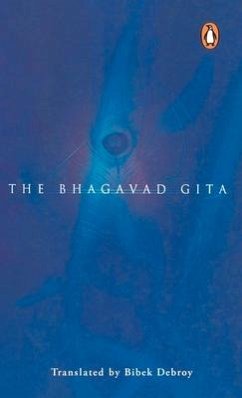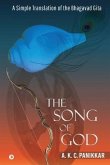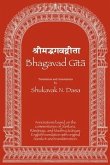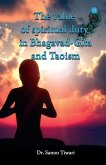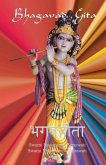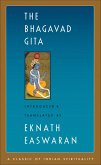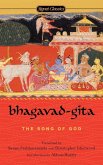A masterful translation of the Bhagavad Gita, along with the Sanskrit original. A faithful rendition of the 2000 year old Song Celestial, Bibek Debroys translation resonates with the spirit of the original while using modern idiom and language. He captures, verse by verse, the essence of this ancient philosophical poem which debates eternal questions of right and wrong, action and consequence, and the conflicting nature of duty and love. The text stands by itself, complete and without interpolation, juxtaposed with the Sanskrit for easy reference, interpretation and explanation are tucked away as notes at the end. Authentic and readily accessible to the scholar and the non initiate, this edition of the Gita is essential reading for anybody who wishes to grasp the core of Indian philosophy and religion.
Hinweis: Dieser Artikel kann nur an eine deutsche Lieferadresse ausgeliefert werden.
Hinweis: Dieser Artikel kann nur an eine deutsche Lieferadresse ausgeliefert werden.

